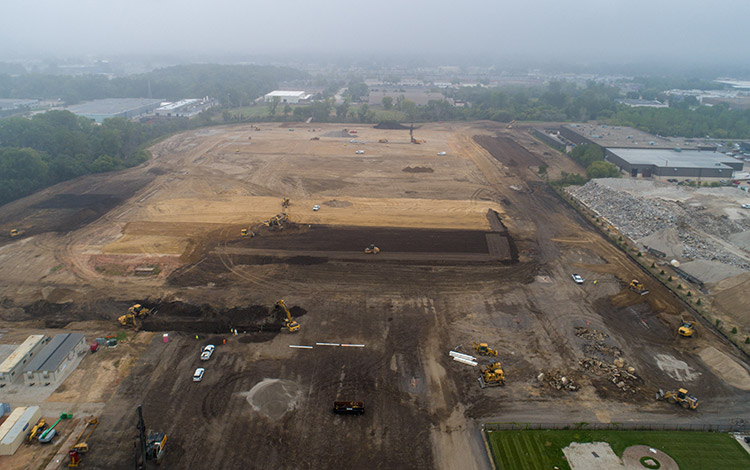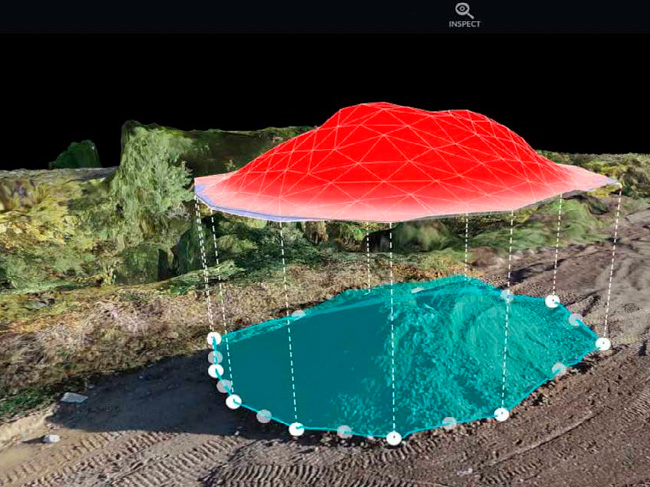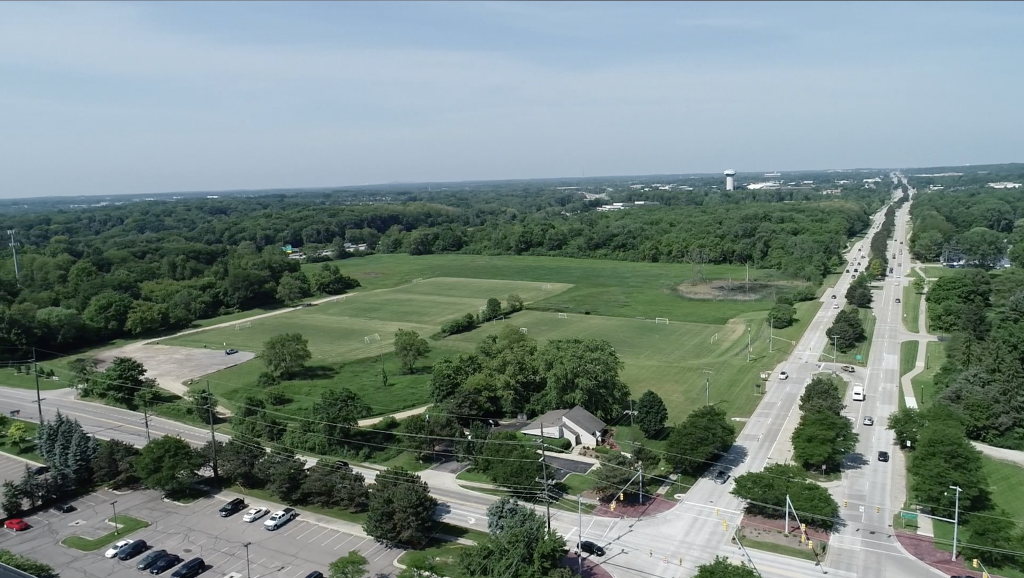From online reviews to satellite measurements, technology continues to disrupt the traditional way contractors do business. But many contractors remain in the dark about one of the biggest technology disruptions heading their way: drones.
In fact, one in 10 companies with revenues of $50 million or more already use drones, according to a new report from Skyward, a drone operations and consulting firm. The engineering and construction sectors are leading the drone charge with a 35% adoption rate.
That rate will only accelerate as more and more companies start to realize what drones can do for them, predicted Suzanne El-Moursi, president of Uplift Data Partners, a drone services provider for the construction industry. Uplift, along with fellow drone service companies such as DroneBase, Drone Dispatch, and Up Sonder, offer a way for contractors to outsource drone piloting and information gathering.
Along with a larger availability of drones, El-Moursi said relaxed FAA regulation has already increased drone usage—but that’s only the beginning. By 2020, 1.6 million drones are expected to be flying per day.
“Drone technology is the next era for society,” she said. “When you think about the impact of the internet on our life, that’s how it’s going to be with drones. It’s going to change how we live and how we do business.”
Here are four ways El-Moursi predicted drones will change business for contractors—and how they can use the technology to their advantage.
1. Home inspections
Contractors currently spend a lot of time assessing homes for damage and project scope. That involves driving to the home, climbing up on a ladder, talking to homeowners and then transcribing all that information for a proposal. But a drone can do all of that with a single flight while also digitizing all the data for easy access. “You can get insight without having to be there,” El-Moursi said.
And save a lot of time. For example, she said insurance companies that have started using drones have increased home inspections from four per day to 30 per day. “Think about how you can restructure your workflow with that time savings.”
She added that drones can even be used to determine materials needed and facilitate in those orders.
2. Risk management
Jobsite safety—and preventing injuries—are among the biggest concerns for contractors. Many contractors do jobsite spot checks to make sure that workers are following proper safety protocols. But what if video-equipped drones could be flown to make those same spot checks? And what if those spot checks could be done much more regularly because they are so inexpensive and easy to do? That’s the promise drone technology offers contractors, El-Moursi said.
[/fusion_text][fusion_text columns=”” column_min_width=”” column_spacing=”” rule_style=”default” rule_size=”” rule_color=”” hide_on_mobile=”small-visibility,medium-visibility,large-visibility” class=”” id=””]
3. Materials delivery
Getting materials to the job site can be a major logistical and costly hurdle, especially when payloads have to be delivered to roofs or other hard-to-reach areas. What if those same materials could be droned into place? While it sounds far-fetched now, El-Moursi said a number of companies, including Airbus and Uber, are working on drones to deliver some of the most precious cargo on the planet: people. “Drones can carry heavy payloads,” she said. “By 2020 we’ll see drones delivering materials.”
If you would like to learn more, feel free to check out Gary Thill original article on BuilderOnline.com. Click here to continue reading…




0 Comments